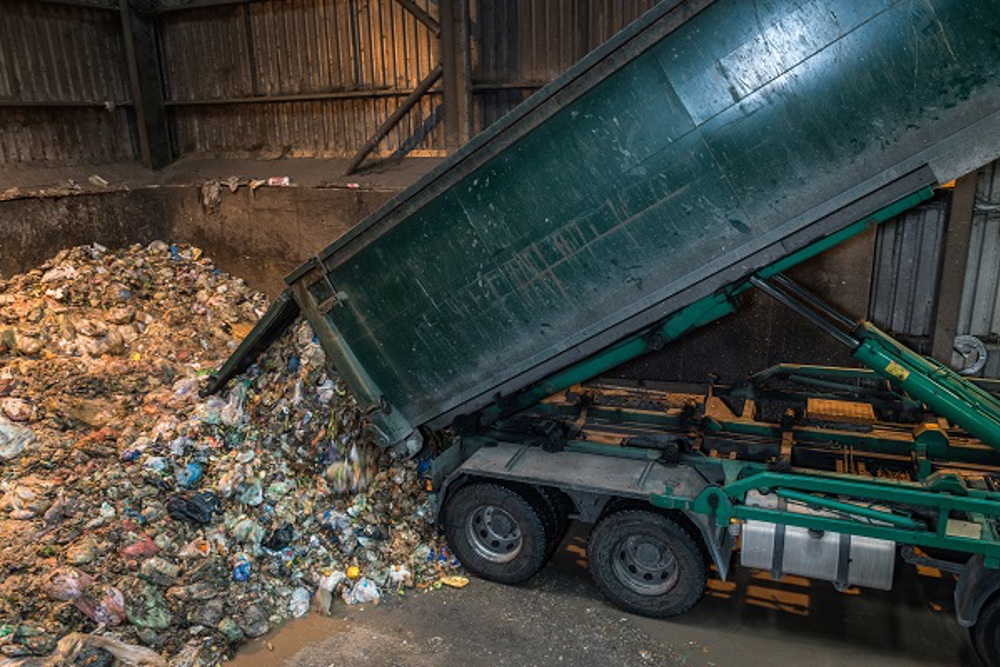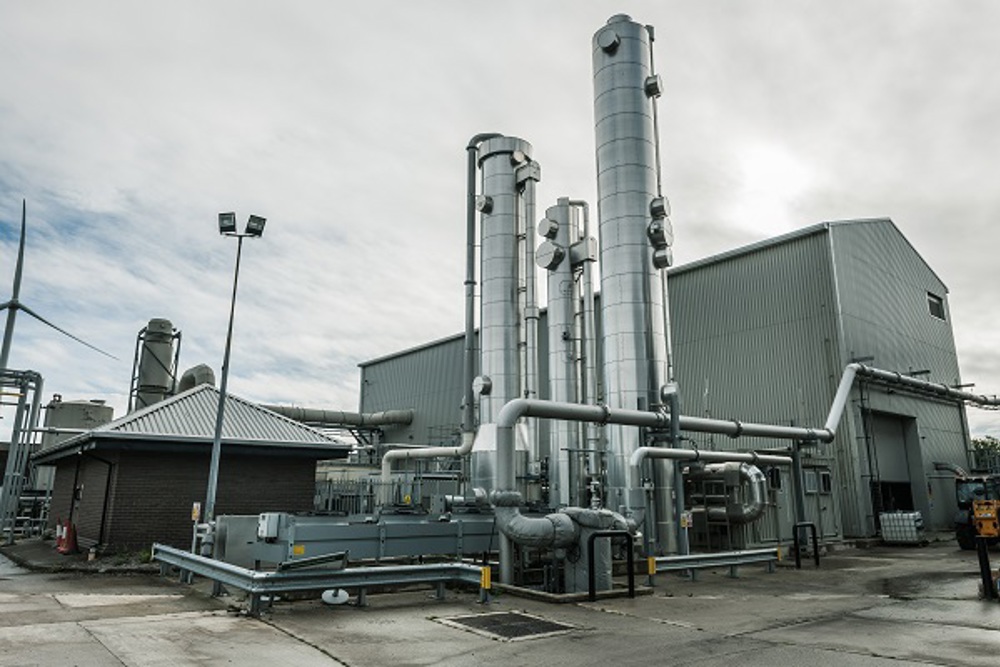Food waste
Supporting you and your community
Services offered
GENeco offers a market-leading economic and environmental recycling solution for your food waste.
Our facility in Avonmouth is a state of the art anaerobic digestion plant with depackaging capability. Renewable energy, in the form of electricity and biomethane, is harnessed from the biogas produced in the digestion process, and the solid digestate is a used as sustainable agricultural biofertiliser.
"We work with our clients to reduce or completely eliminate their reliance on landfill. Our award-winning facility can help to reduce your carbon footprint and environmental impact resulting from food waste."
How can we help you?
We pride ourselves on our customer service. Our friendly and knowledgeable staff collaborate with customers to offer advice, and work hard to make the process from booking to delivery of the waste as easy as possible. Once on-site, our team of experienced operators will ensure your experience is smooth and efficient. The team were recently crowned 'Team of the Year' at the National Recycling Awards.
Our process
Once food waste has been accepted for treatment, the waste is depackaged and surplus plastics are removed and baled. This material is used to produce electricity for homes and communities.
The concentrated waste is screened and fed into our pasteurisation process which makes the resulting biofertiliser from the digesters safe for spreading on farm land.
The pasteurised waste is fed into our anaerobic digesters where biological treatment begins. Micro-organisms break down the food waste in the absence of oxygen to produce a methane-rich biogas.
This biogas is either used to generate renewable electricity or undergoes processing in our gas to grid plant to convert it into enriched biomethane. This green gas can be used to provide vehicle transport fuel for vehicles such as our Bio-Bus and Bio-Bug, or supply local homes.
The solid by-product of the anaerobic digestion process ('cake') is used as a nutrient-rich organic biofertiliser, coveted by farmers as a substitute for unsustainable inorganic fertilisers.

Waste we accept
We offer supermarkets, local authorities, food manufacturing organisations, hospitals, universities, catering establishments and waste management companies a cost effective and more sustainable way to recycle food waste which might have otherwise gone to landfill.
We recycle and treat a wide range of packaged and unpackaged animal by-products Category 3 food waste such as:
- supermarket food waste
- household food waste
- damaged or expired stock
- kitchen and restaurant waste
- food processing by-products
- drinks and brewery waste.
We are also able to accept other types of waste, so please contact us to discuss your specific requirements.
Why recycle
Recycling food waste makes environmental and economic sense.
Every year the UK wastes an estimated 10 million tonnes of food with a value of over £17 billion. It is associated with around 20 million tonnes of greenhouse gas (GHG) emissions.
By recycling food waste, we can help customers to reduce their carbon footprint. Every tonne of food waste diverted from landfill will displace 0.6 tonnes of CO 2efrom the atmosphere.
The avoidance of landfill tax significantly decreases the costs associated with food waste disposal.

Environmental impact of food waste
A significant amount of food waste is disposed of via landfill, releasing methane directly to the atmosphere and preventing efficient energy recovery from the waste. Improper disposal of food waste can also spread animal diseases such as foot and mouth.
Recycling food waste via anaerobic digestion means that the energy and nutrients contained within the food can be recovered and used to generate renewable energy and biofertilisers.
Food redistribution
Some of our customers distribute their surplus food through local organisations such as Fareshare to provide good, but wasted food to disadvantaged people in the community. We support this initiative and would encourage surplus food to be used in these ways before disposing of it.
